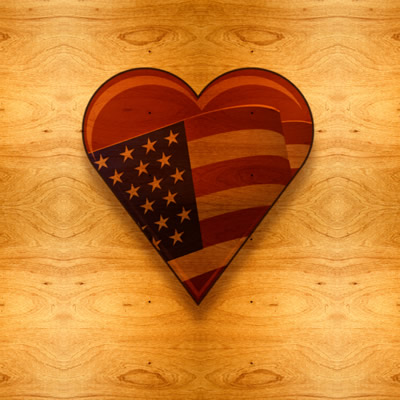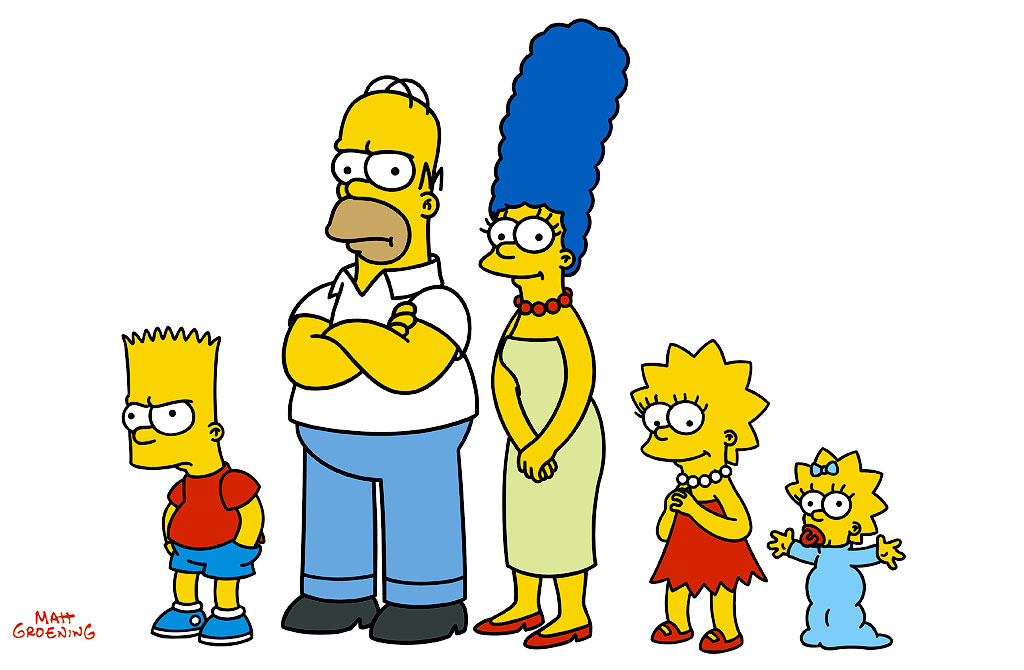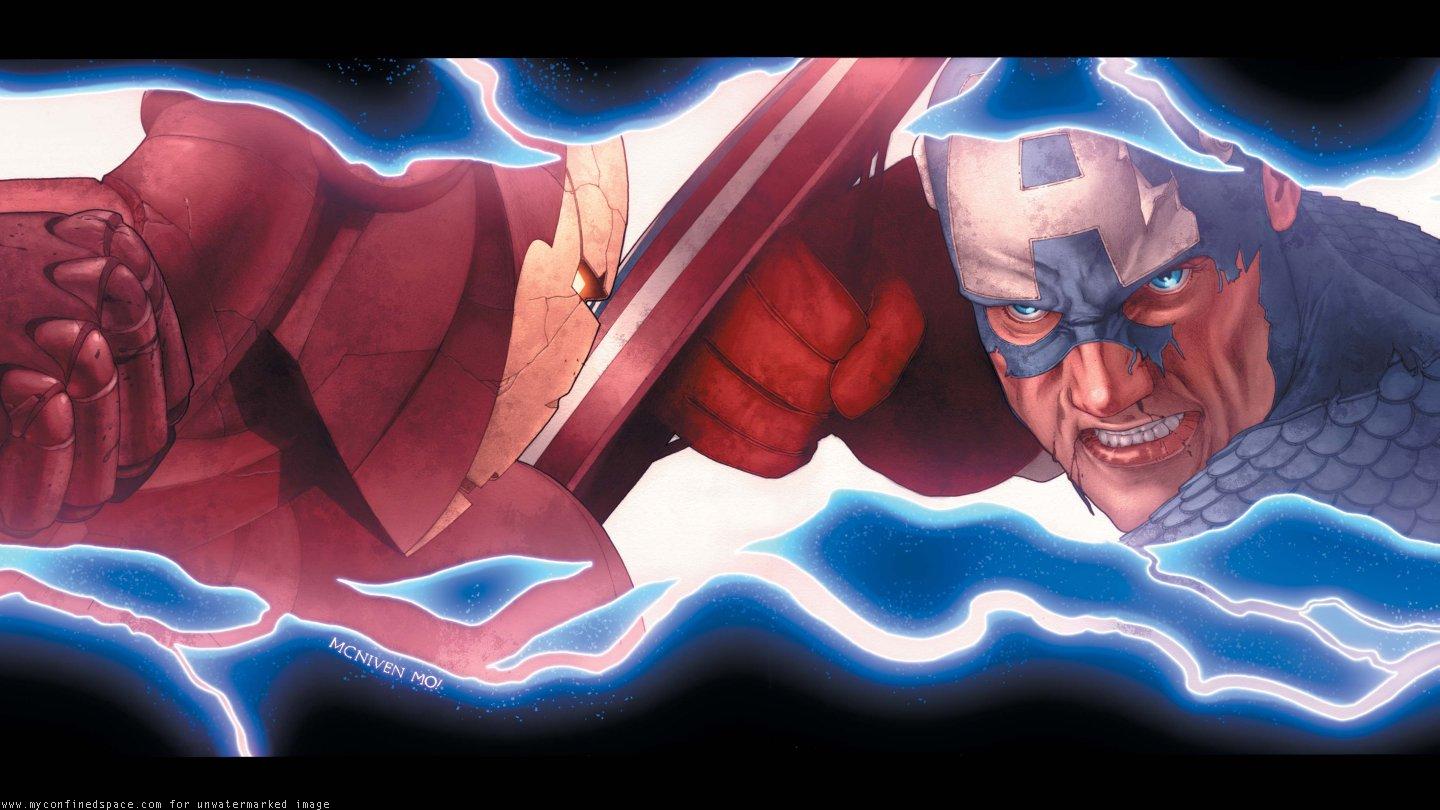What Do Quakers, Yogis, and Celtic Spirituality Have in Common?
Two years ago I met a man with the finest beard I've ever seen: the mighty Nicholaes Roosevelt, Swami of Connecticut, a beautiful, wise, and extremely funny man who helps people feel grounded within the mystery by his very presence. I've spent a couple of amazing weeks with Nick in the West of Ireland, when he has, among other things, cooked remarkable food, taught me Sufi words that make me feel awake and happy just by saying them, and shown that the life of the spirit cannot be divorced from the life of the body, and the earthier the experience of the body, the better. (Anyone who tells you that Red Bull and cigarettes are antithetical to the mystic life obviously doesn't know their Swamis.) I'm privileged to be involved in a retreat with Swami Nick that is happening in just a couple of months at the Woolman Hill Quaker Center, in Deerfield, Massachussetts. I'm excited to say that everyone is welcome, and if you're a regular reader of this blog I can't think of a better place to meet. More information is below in a note from Nick - I'd love to see you there.

[I wanted to include a photo of Swami Nick, but couldn't photoshop myself out of the two I have of us together - one in which I look like the very definition of unphotogenic, the other in which I am wearing an unfortunate t-shirt. So I used this picture instead because it has nice lights in it. It's called 'White Noise/White Light', and is by Höweler + Yoon/MY Studi. Take my word for it, Nick has the greatest beard on earth. And being on retreat with him will likely be a highlight of your year.]
Swami's Invitation:
Dear Friends, you are cordially invited to Woolman Hill's Summer Solstice Retreat, "THE LIGHT WITHIN"
What do Quakers, Yogis and Celtic Christians have in common?
Guest speakers from each tradition will guide us in practices that connect us to "The Light Within'. On Sat. evening we will have a Celtic concert with the magnificent Kate Chadbourne, and a solstice bonfire. (This event is open to the public.)
Each day will begin with a morning meditation led by Swami Dayananda from Satchidananda ashram, or a Quaker meeting for worship guided by a member of our Quaker panel, followed by a wholesome breakfast. Our mornings will be conducted in silence, including a presentation from one of our guests; the afternoons given to group discussions with our panelists, free time and a yoga class for beginners and the more experienced. The retreat will be informed by the practice of "DEEP LISTENING AND SKILLFUL SPEECH". You will go home with practices you can use to maintain an easeful body, peaceful mind, and a useful life; practices you you can use to stay connected to The Light Within.
Please Join us; I guarantee this will be a bright time, joyful, and peaceful. To register go to woolmanhill.org; for questions call 413 774 3431
"If thy eye be single thy whole body shall be filled with light" Luke 1:34
"The cosmic Spirit shines constantly within the heart as a white light the size of a thumb." The katha Upanishad


 I don't usually do recommendations of the week; heck often I don't do recommendations at all. But after the exhiliration of wall to wall documentary at the Full Frame Festival, I settled in last night, as I am wont to do, to catch up on a film I know I should have seen earlier, but was watching something else at the time.
I don't usually do recommendations of the week; heck often I don't do recommendations at all. But after the exhiliration of wall to wall documentary at the Full Frame Festival, I settled in last night, as I am wont to do, to catch up on a film I know I should have seen earlier, but was watching something else at the time.
 I'm currently writing a book about how cinema explains my adopted country - the most well known art form of the US should reasonably be expected to be a key interpretative tool for understanding America, right?
I'm currently writing a book about how cinema explains my adopted country - the most well known art form of the US should reasonably be expected to be a key interpretative tool for understanding America, right?
